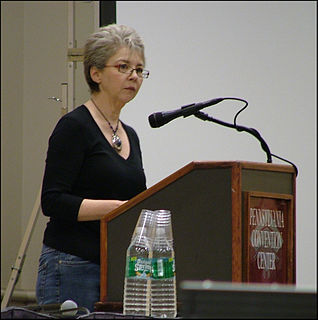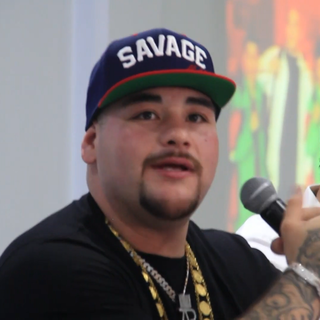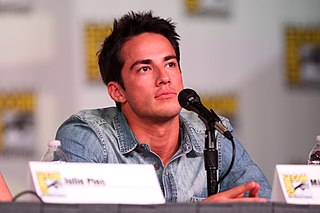A Quote by Mary Doria Russell
When we were 15, my girlfriend Ruth Kaplan and I applied to the Universidad Ibero-Americana in Mexico City. We were accepted into a program that placed us with a lovely Mexican family. We lived with them for six weeks while studying Spanish poetry and Mexican anthropology.
Related Quotes
Every air traveler entering Mexico is vetted against US databases. The air passenger screening system Mexico has in place involves these checks against US national security and criminal data bases. There are plainclothes US officers stationed at airports in Mexico working with Mexican immigration officials to protect the United States. This joint security program has been in place for at least six years and is a huge asset.
How do you reconcile the lifestyle between the United States and Mexico? One is a very prosperous country, the other one is somewhat backwards. I mean, I don't want to denigrate them. And people want to go from Mexico into the US because it's much better there. Mexicans also have a grudge against the US. Most of the Western US was Mexican territory once, but they prefer to being in the US, not Mexico.
I have just been to a city in the West, a city full of poets, a city they have made safe for poets. The whole city is so lovely that you do not have to write it up to make it poetry; it is ready-made for you. But, I don't know - the poetry written in that city might not seem like poetry if read outside of the city. It would be like the jokes made when you were drunk; you have to get drunk again to appreciate them.
People like to blame Mexican food, but look at what's happening globally, look at all the fast foods and products filled with trans fat. Before the Mexican Revolution, a hundred years ago, people were eating what now macrobiotics tells us to eat, corn, black beans, rice. That's what people were eating - and chile peppers. That's a healthy diet.







































